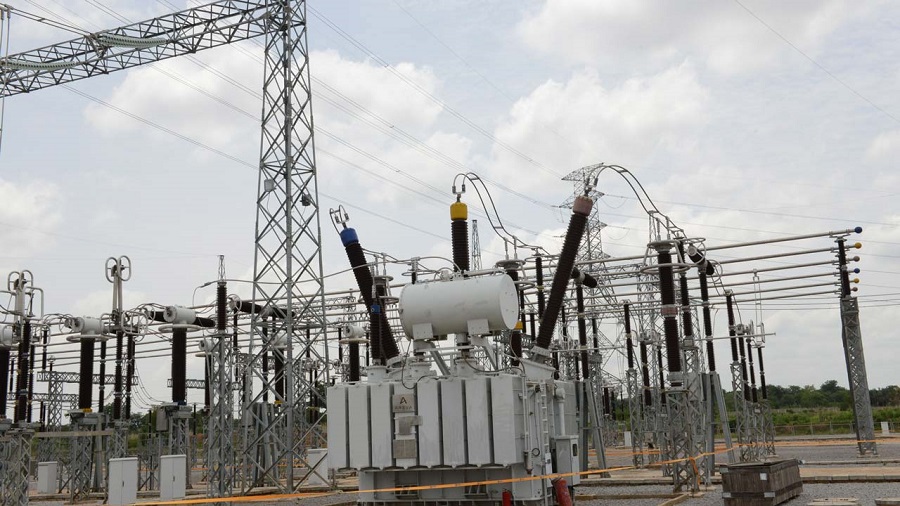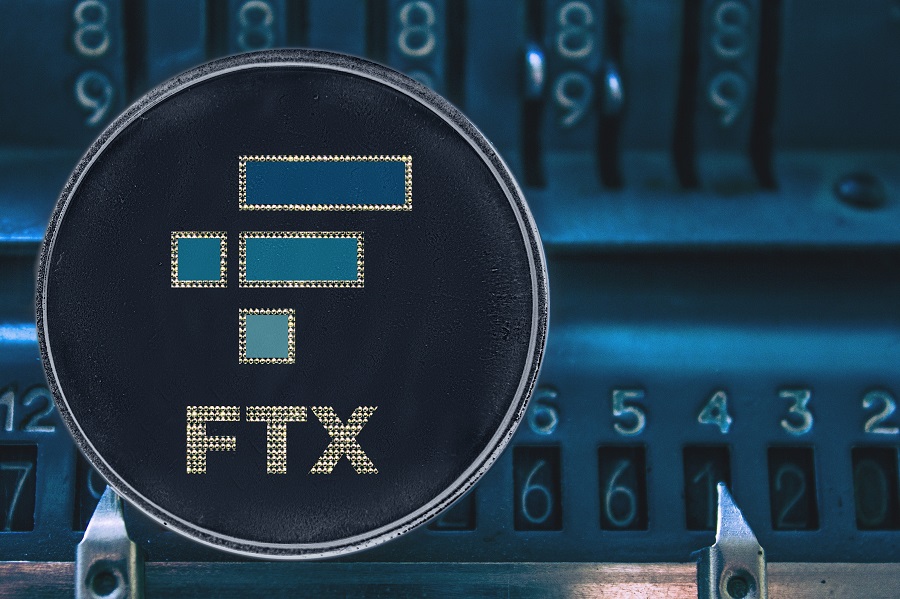According to a recent report, Dr Joy Ogaji, the executive secretary for the Association of Power Generating Companies alleged that Generating Companies (Gencos) have recorded a loss N1.66tn in seven years due to non-payment of deemed capacity.
According to the association, deemed capacity is the capacity that should have been delivered, but for the system operator’s instruction for the Genco to reduce its capacity to achieve grid balance and stability. The association further reports that 34.20% (2,117.86MW) of the Gencos’ generation capacity are currently stranded, compared with 48.03% (3,742.43MW) in 2020.
The current structure of the power sector is such that government-owned NBET buys electricity in bulk from generation companies through Power Purchase Agreements and sells to the Discos, which then supply to the final consumers.
NBET was incorporated in 2010 with a mandate to operate as the trading licensee holding a bulk purchase and resale licence. It is responsible for buying and reselling electrical power and ancillary services from
Independent Power Providers and from the Successor Gencos. It is not intended to exist in perpetuity in its current incarnation. Rather its role is to act as a broker between power producers and the discos until the market is mature enough to support commercial bilateral trading.
We note that the government has made meaningful progress in ramping up nationwide generation capacity. The installed generation capacity at the Gencos’ power stations is about 13,427MW while available capacity is about 8,000MW but according to the report, the gencos have remained within 3,000MW-3,500MW and maximum of 4,000MW.
As things stand, the Discos do not have the capacity to take in what the Gencos provide. At the transmission front, the Transmission Company of Nigeria has recorded four cases of partial or total grid breakdown in the last nine months causing blackouts across the Nation.
In addition, there is also the issue of inadequate metering and the Aggregate Technical, Commercial, and Collections (ATC&C) losses that ensues therefrom. TCN is in charge of transmission – wheeling power around the grid and installing transmission lines. It is expected to remain in government hands for the foreseeable future.
One of the main reasons the FGN privatised the sector was because NEPA/PHCN could not keep up with
investing in the electricity transmission infrastructure. It appears however that the NEPA/PHCN pattern of non-performance is still very prominent till date.
The issues facing the Nigerian power sector remains multi-faceted but in our view, top on the list is the non-cost reflective tariff. While we acknowledge that the current macroeconomic landscape may not be best suited for another hike in electricity tariffs, we note that the continued adoption of non-cost-reflective tariffs will exacerbate the anemic position of Discos, prevent the overhaul of poor transmission infrastructure, hinder private sector investments and constrain the development of the power sector. With government revenue under significant pressure, we believe government liquidity injections may prove to be insufficient in sustaining the power sector.
CSL Stockbrokers Limited, Lagos (CSLS) is a wholly owned subsidiary of FCMB Group Plc and is regulated by the Securities and Exchange Commission, Nigeria. CSLS is a member of the Nigerian Stock Exchange.








